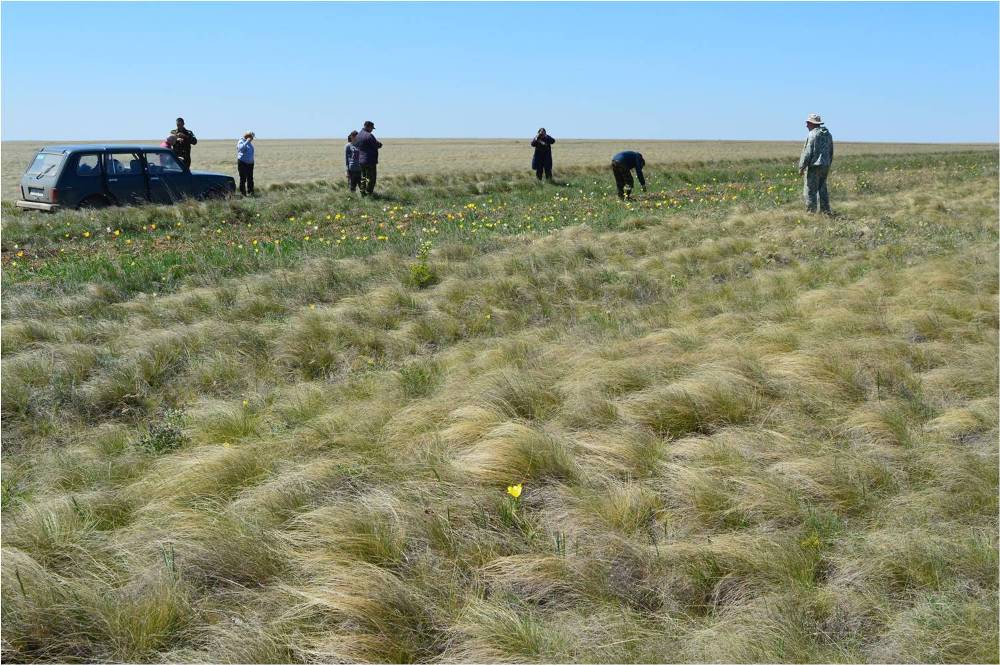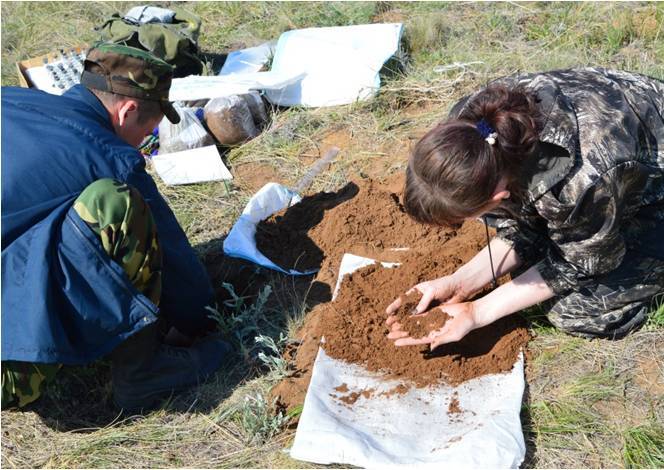
First results of the International Project (ReKKS) were presented at the global level
- Details
- Published: 26 November 2018

The interdisciplinary joint project "Innovations for sustainable use of agricultural resources and climate-adaption in the arid steppes of Kazakhstan and southwest Siberia (ReKKS)”, in which our Kostanay State Pedagogical University participates (Faculty of Natural Mathematics, Department of Natural Sciences), is part of the BMBF-Funding Measure "CLIENT II – international partnerships for sustainable innovations".
The aims are to improve the knowledge and develop practical approaches and adaptation strategies for ecologically friendly and economically profitable agriculture in arid steppe regions.
An important aspect with this respect is the analysis of the response of the soil invertebrate communities in response to climate, soil type, and particularly land use and soil management. The research is carried out by the KSPU project group (Professor Bragina TM, Professor Bragin E.A., Senior Lecturer Rulyova M.M., Senior Lecturer Bobrenko M.A., and 2 - 3-year students of the Natural Mathematics Faculty).
First results of the project was presented by the leader of ReKKS, Prof. Georg Guggenberger (Germany), at the Conference of the Parties - 14 of the Convention UN on Biological Diversity on November 23-25, 2018 (CBD COP 14) in partnership with scientists of our university.
The project is closely linked to the key tasks of the IUCN/CEM at the global level. The leader of the IUCN / CEM Global Specialists Group "Holarctic Steppes" is Professor T.M. Bragina (https://www.iucn.org/commissions/commission-ecosystem-management/our-work/cems-specialist-groups/holarctic-steppes). In 2018, a group of scientists of the KSPU prepared a page of the Virtual Encyclopedia of the Steppe - Steppe of the Republic of Kazakhstan (http://steppes.kspi.kz/pages/Steppes.html) in the framework of the CEM project (the CEM project leader is Professor TM Bragina, project participants from the KSPU: Associate Professor Yu.V. Perezhogin, Associate Professor M.V. Sukhov).





